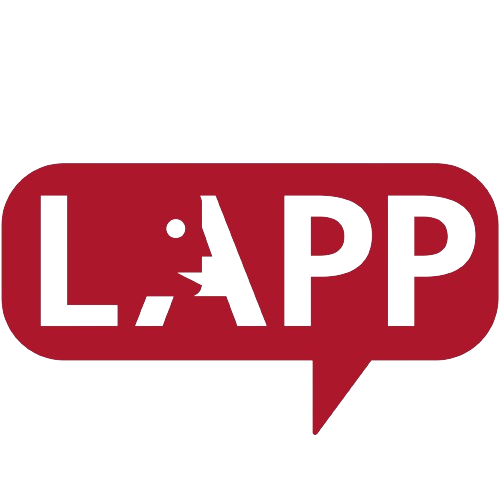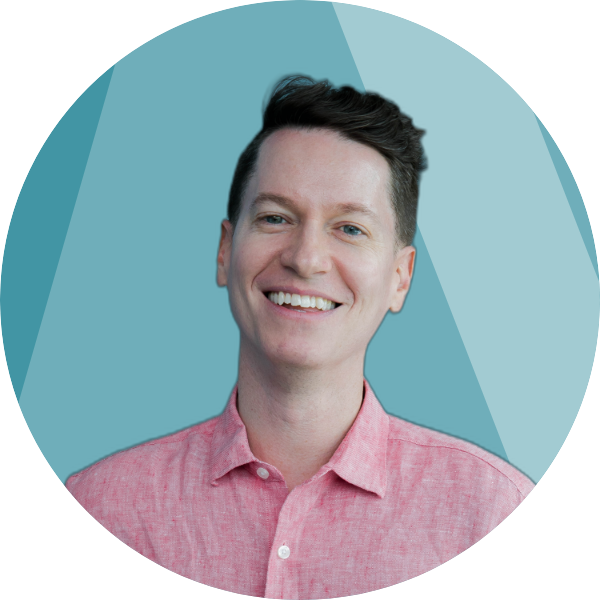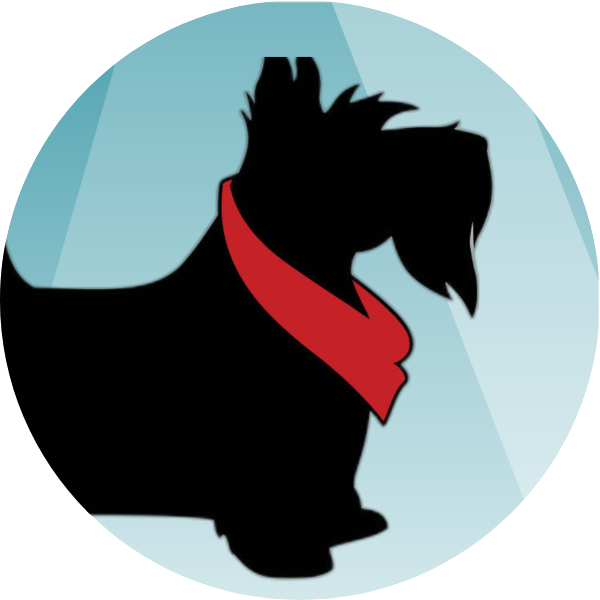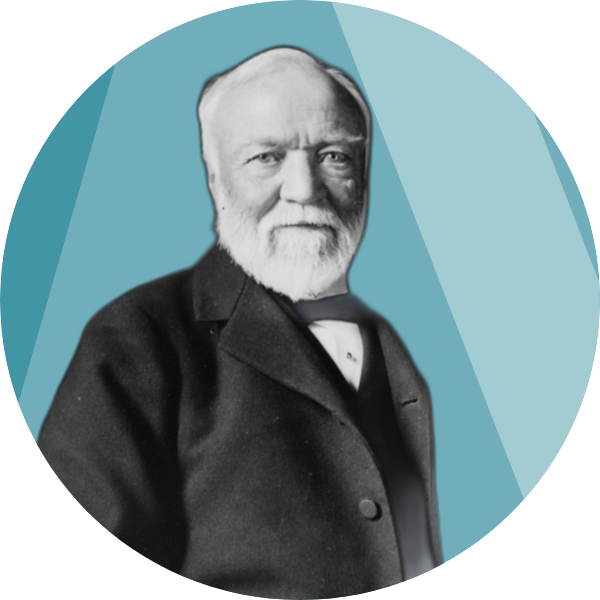LANGUAGE ACQUISITION, PROCESSING, AND PEDAGOGY LAB
We advance linguistic theory and improve language education

LAPP Lab carries out behavioral and eye-tracking research. Our research is generously supported by the National Science Foundation, the National Institutes of Health, Duolingo, Language Learning, and the PROSEED/TEL CMU fund.
Ph.D., M.A., and B.A./B.S. students take part in research, conference presentations, and journal publications. Grad students have gone on to tenure-track, post-doc, and industry positions. Undergrads have gone on to graduate school and industry positions.
Stimuli, data, and code are made freely available on the Open Science Framework. Our published research is free to read and download.
Dr. Wiener is interested in research that would have wowed Anne Cutler. His Erdös Number is 4. Learn more about him on the podcast, "Lost in Citations."

Principal Investigator
Adam joined the lab in 2022. He is interested in understanding language learning and non-native speech perception through psycholinguistics, data analytics, and open science.

PhD student
Ryuki joined the lab in 2025. He is interested in assessment, feedback, and learning of L2 speech utilizing AI techniques.

PhD student
Noor joined the lab in 2024. She is a Linguistics and German double major.

Undergraduate
Sueah Kim joined the lab in 2025. She is a Statistics and Data Science and Business Administration double major.

Undergraduate
Thomas joined the lab in 2025. He is a Business Administration major.

Undergraduate
Jay joined the lab in 2025. He is an English major.

Undergraduate
Andrew has not been seen in the lab for quite some time, and he really isn't known for his linguistics, but his heart is in the work.

Industrialist

This spring and summer three members of LAPP Lab successfully defened their dissertations and were awarded Doctor of Philosphy degrees: Dr. Obasih (Dissertation title: "Gradient Categorization, Linguistic Diversity, and Second Language Acquisition: Perceptual Learning of L2 Phonemic Contrasts Using a Multilingual Training Paradigm"), Dr. Tusmagambet ("An Activity Theory Perspective on Multilingual Literacy Practices in Kazakhstani Family Contexts"), and Dr. Brown ("Looking Beyond the Native-Speaker Interlocutor in Study Abroad: The Role of L1 Peers, Service Encounters, and LX Communities in Target Language Interaction"). We are so, so proud of their accomplishments and growth. They made LAPP Lab a better place and will be missed.
"The future is completely open, and we are writing it moment to moment."
--Pema Chödrön
Our new web-based eye-tracking replication framework is published. It's FiREE!

Our L1 and L2 Italian acoustic analyses and perception ratings are published. tl;dr: Duration and pitch are the important cues for learners and listeners.
